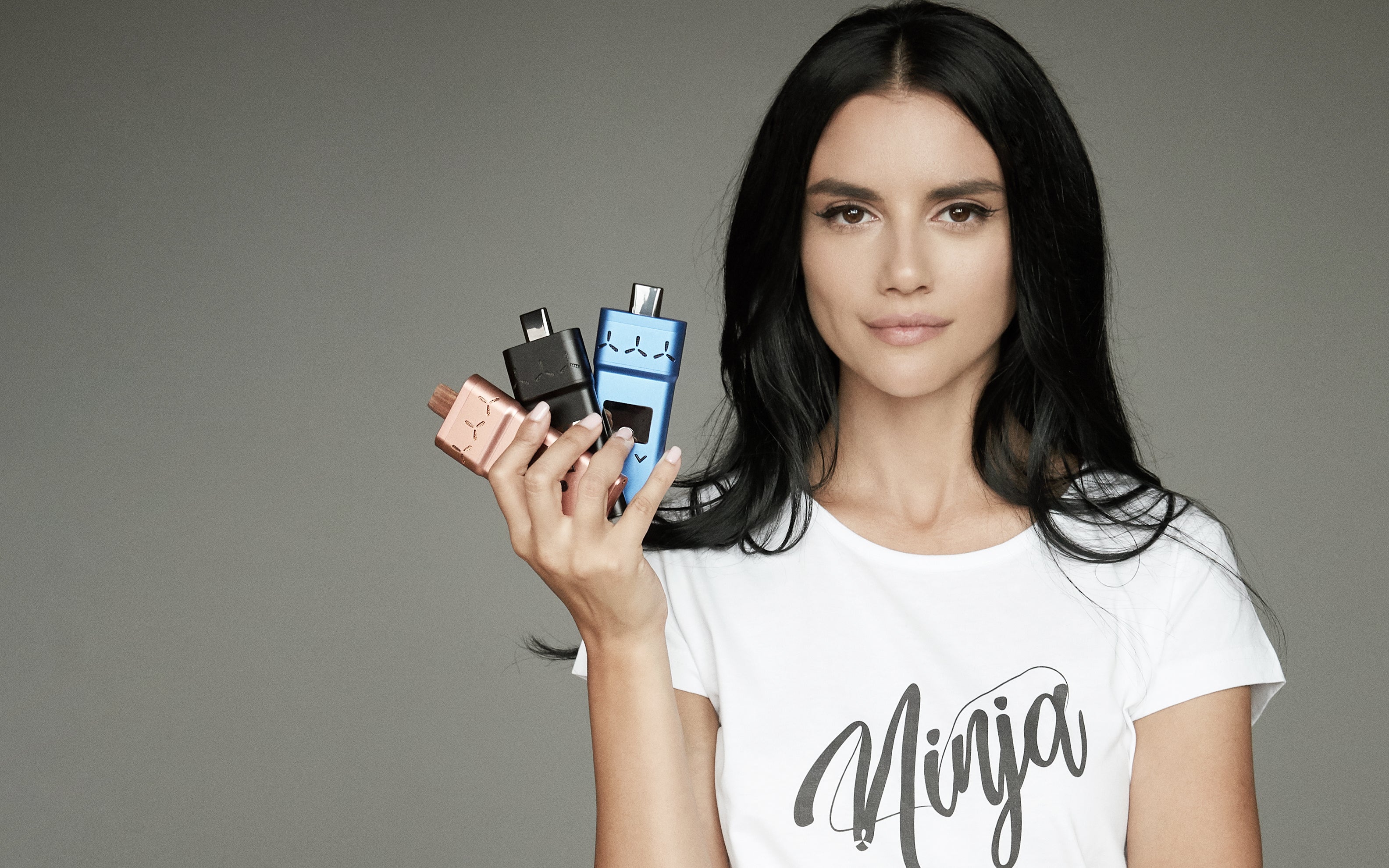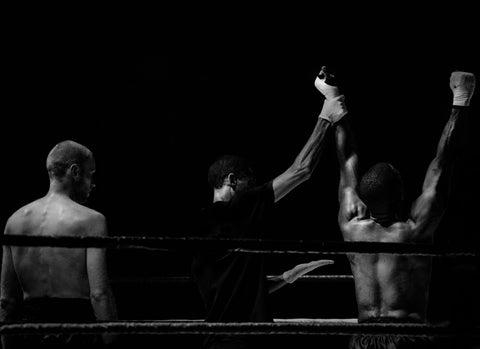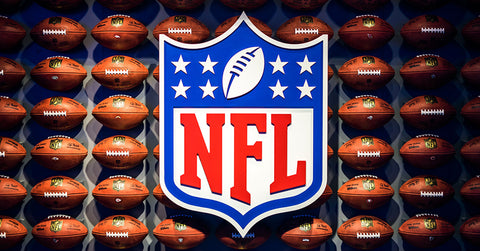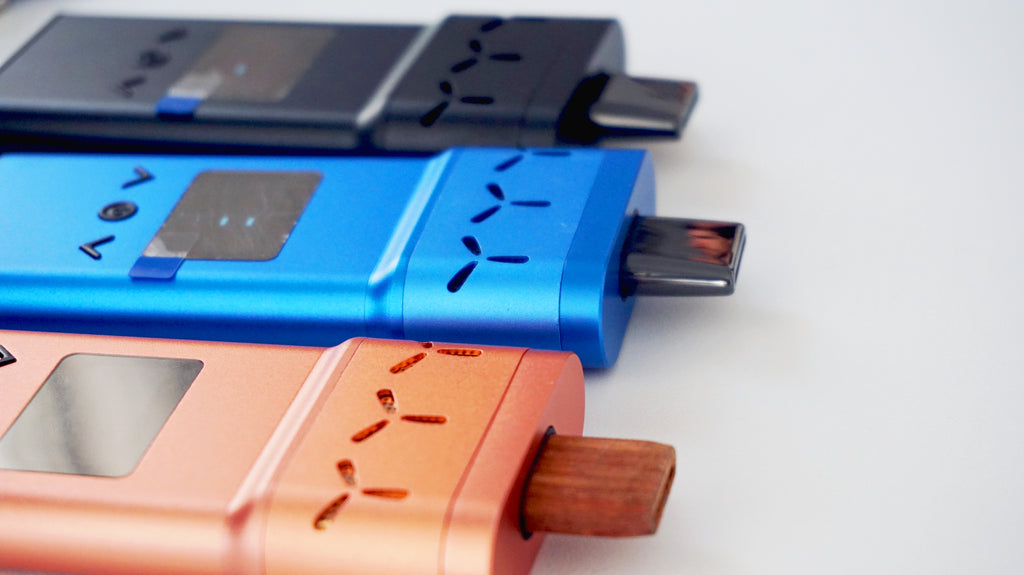Cannabis in sports? Benefits you should know about

Cannabis in sports?
History, Changing Landscape and benefits for athletes
It’s no secret that public opinion about cannabis is shifting, with over 60% of the US population believing that it should be legalized or at least decriminalized. However, sports largely seem to ignore such a social change, opting to stick to the old school rules regarding loose leaf, which has seen some significant scalps in talent across the sporting world. Cannabis has proven to be helpful for athletes in some capacity, with some former and even some current athletes clamoring over the benefits of loose leaf for the body and for the mind.

This hasn’t stopped some athletes from using cannabis anyway, some of them facing fines, bans and public admonishment due to the stigma attached to loose leaf. Currently, some sports test only for THC, which lead to several CBD product-based brands approaching current and former athletes for sponsorships, which in turn helps an athlete work cannabis into their workout, practice and recovery schedule.
With a long list of benefits and an increasing number of athletes endorsing and using CBD based products on a daily basis, it remains to be seen if anti-doping regulatory bodies will continue to be as strict as it is now and if the stigma around loose leaf in the sporting world sees improvement.
A Brief History of Cannabis in Sports
Loose leaf, like most other substances, is banned in most sports and athletes undergo drug testing on a regular basis. While the leniency of the punishments handed out and the vigor of testing varies from sport to sport, almost every sport hands out punishments and fines if you’re caught.
It has been said, however, that most dope tests are administered to find PEDs (Performance enhancing drugs) and other substances prohibited by WADA, which makes it a little easier to evade being caught for recreational drug use. What makes things a little more complicated is that there are many places in the world where loose-leaf is completely legal for recreational use, in which case handing out punishments becomes a little more difficult.

Loose leaf is especially beneficial for athletes in high risk and contact sports, as it helps with reducing the impact of concussion, inflammation and pain.
In the UFC, it was reported by Joe Rogan that most fighters tend to use loose leaf on a regular basis. Nate Diaz, a prominent UFC fighter, gave a press conference while using his vape pen, claiming that the CBD helps him with his recovery process. This seems to be the opinion echoed by several other athletes who use CBD (or sometimes even THC) products. However, the history of loose leaf stretches far beyond the 2010s, with athletes in the NFL and Formula 1 having admitted to using loose leaf on a regular basis back in the 80s and 90s. Remember, this was back when pot was illegal on a federal and state level for both recreational and medicinal use, so deeper repercussions than being fined or suspended from the league were a possibility. Many players continue to face the brunt of the stigma around loose leaf, so much so that players in the NFL have been traded for surprisingly low numbers after their use becomes public.
But are there any prominent examples of sportspeople advocating for and/or being suspended/handed out punishments and fines for the same? Several! Kyle Turley, a former NFL player documented extensively how loose leaf helped him regain his life back after several concussions and injuries he suffered during his playing days, and also how it helped him overcome his alcoholism, sleep issues, and suicidal thoughts. Avery Collins, a professional athlete and runner has also documented just how much cannabis helps him in his day to day and recovery process.
In our opinion, while cannabis can help almost every athlete in their recovery process, it’s especially helpful for athletes in grueling sports like marathons and also in contact sports like UFC and NFL where they suffer from concussions, severe concussions and other injuries that are a result of body blows more than in other sports. It’s more beneficial because loose-leaf in many ways directly treats the issues that only athletes in contact sports face.
Is cannabis beneficial though?
Yes! THC and CBD have been used for pain relief for a long time and there’s a consistent use case of it too, but athletes get more use out of it because they see more body pain, chronic injuries, and other health issues than most other people without grueling, physical occupations.
One report found that loose leaf helps with chronic pain management, but reduces the maximum level of performance when smoked, which isn’t surprising. Other reports have found that cannabis use is more common among athletes in high risk sports, and as we mentioned previously, athletes in contact sports are more likely to benefit, because cannabis is massively helpful in treating concussions, inflammations and improve muscle recovery (for which athletes usually resort to opiates) while not possessing some of the devastating side effects that have plagued so many people.

The medical properties of loose leaf helps the recovery process of an athlete but also helps in improving quality of life
An interesting proposition is that cannabis can be termed as a performance-enhancing drug as it reduces anxiety and relaxes a person. While there isn’t any physical enhancement that can be observed, this angle is interesting because if relaxing someone can be termed as an enhancement, then cannabis can be a PED. In some sports, it’s illegal to even consume alcohol within a stipulated time before a match, notably archery and shooting, as it calms the nerves. Should this be the norm? Personally, no, but this comes down to perspective, and it's an interesting one. Why we disagree is because substances like alcohol or tobacco don’t provide pain relief or reduce seizures like some of the strains of CBD (Charlotte’s Web) offer to do.
In that case, do the medicinal properties of loose leaf outweigh the benefits it offers as a supposed performance-enhancing drug? Because we feel like that discussion is a pertinent one that we need to have soon to make sure that everything is in the clear before cannabis gets the green light, either by individual sports or by WADA or any other local anti-doping authority that works closely with sports and enforces/creates the rules.
Is the landscape changing for cannabis?
It’s difficult to say. The WADA (World Anti-Doping Agency) has always had clauses to prohibit the use of THC and some other cannabinoids. However, CBD is a prominent cannabinoid that’s missing, which means that athletes are free to use CBD based/infused products on the daily, which is what has been happening for a while now as more and more athletes realize just how helpful cannabis is for their recovery process, but also for aspects of their game outside the field/courts. For example, the psychological benefits they offer and an improvement in their quality of life are immense. However, things become a little more complicated once we realize that sports have autonomy in some regard when it comes to substances. While CBD might be in the green under the WADA, USADA, that works closely with the UFC and a few other olympic and pan-olympic sports has listed all cannabidiols under its prohibited list. Didn’t faze Nate Diaz though, as he reportedly banked out from the cannabis industry due to the CBD incident.

The NFL might relax its rules regarding cannabis use for recreational and medical purposes in exchange for concessions from the union
Moreover, the NFL has even considered relaxing its archaic rules revolving around recreational drugs, most specifically cannabis. While it has been reported that the NFL might use it as a bargaining chip to relax some rules in the union, the fact that there might be a change on the way is fantastic news. The stigma around loose-leaf, particularly in sports, has been a pervasive one that has impacted the careers of athletes who preferred to use cannabis for legitimate medical reasons over opiates that wreaked havoc over their physical and mental well being.
This incoming change is, however, only in the NFL. The all-important regulatory authority WADA is the one that can create some concrete changes in the way cannabis is treated. Yes, CBD is technically allowed in almost all sports. However, other loose-leaf cannabinoids are notably disbarred, and this has a huge impact on how athletes recover. Longevity is an important aspect for all athletes, and cannabinoids can help elongate their careers, if only marginally. It remains unclear whether the WADA will initiate change, but it seems unlikely unless athletes create pressure to at least investigate the validity of the several people who are vouching for the benefits of loose-leaf. Until then, cannabis in sports is going to be a long winding road with a whole lot of obstacles in it.


